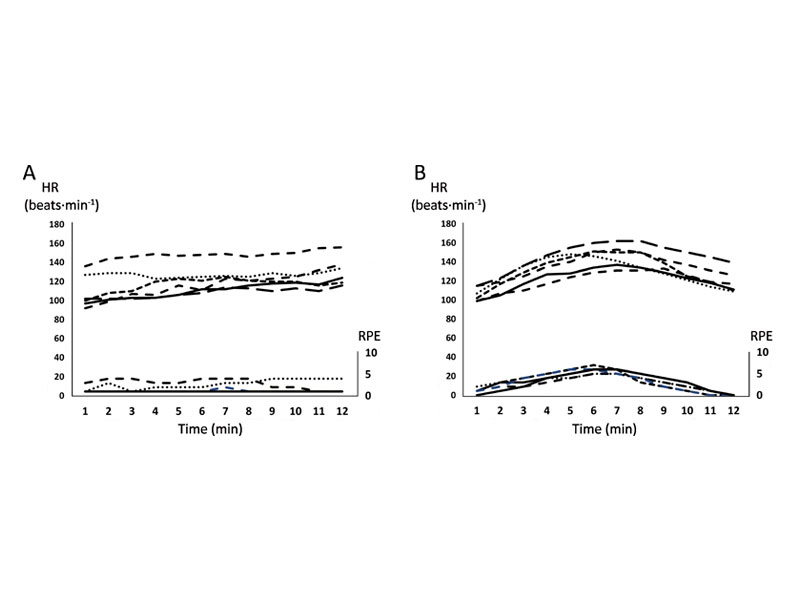New insights from a study of family members of patients with McArdle’s Disease

McArdle's disease, or type V glycogenosis, is one of the minority conditions studied by the Neuromuscular and Neuropediatric Research Group at the Germans Trias i Pujol Research Institute. It is a hereditary metabolic disease in which the muscles of patients are unable to use glycogen to produce energy and function properly. The symptoms most often appear in early childhood and prevent the patients from taking physical exercise or carrying out many of the normal activities of daily life.
The research group led by Dr Gisela Nogales, Dr Guillem Pintos and Dr Jaume Coll has recently taken part in a multi-centre study that showed that patients following a supervised exercise regime following strict guidelines showed an improvement in their symptoms. The group has now led a new study to further investigate the symptoms of McArdle's disease and genetic inheritance. Spanish and International research groups participated in the study and the results were published in the Journal of Inherited Metabolic Disease.
For patients to suffer from this pathology they need to carry two mutated copies of the gene PYGM (one from their mother and one from their father). However, there has always been a controversy as to whether the patients' parents or relatives, who only carry one defective copy, can develop symptoms. To find the answer, 81 family members of McArdle's patients took part, from 16 different families, they were tested genetically and for their capacity to carry out physical exercise. The conclusions of the study are that 14% of the family members who only carried one mutated copy of the gene had muscular problems, although to a much lesser degree than the patients. Dr Nogales highlighted the importance of this finding, both for family members and for health professionals, "it shows that even carriers can suffer from muscular problems even though they only have one faulty copy of the gene."
